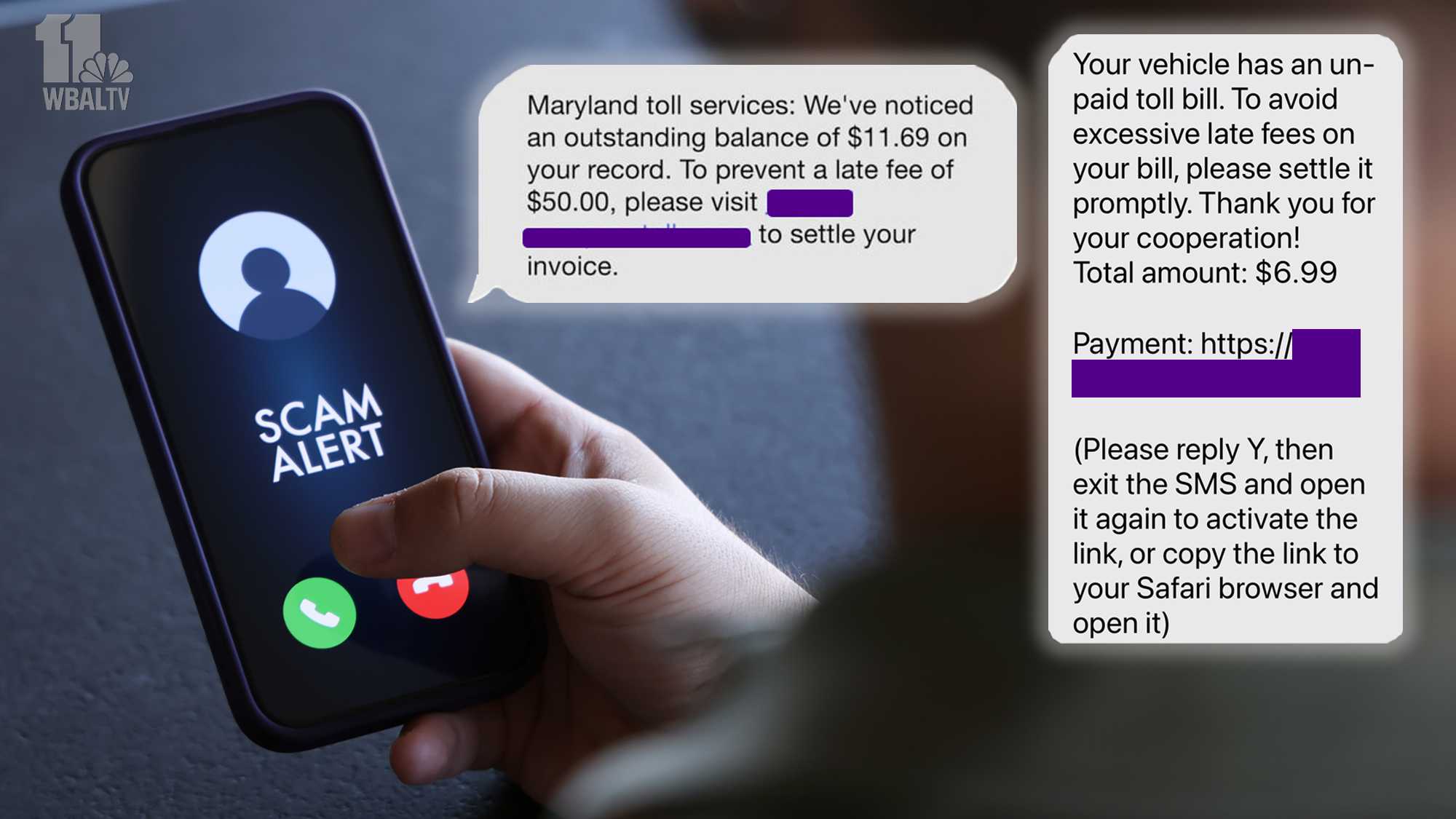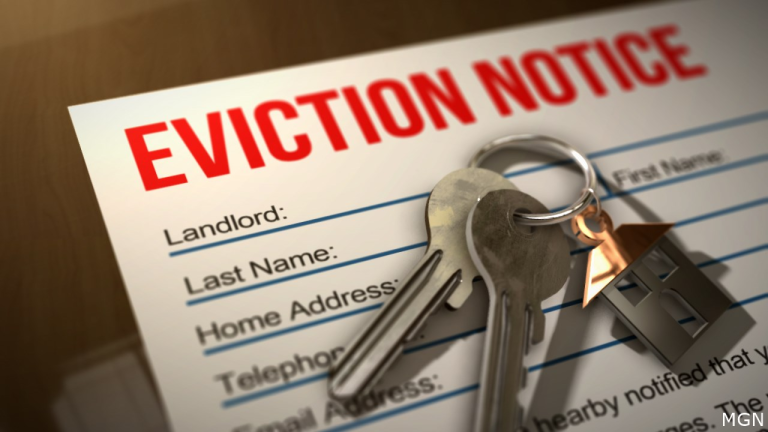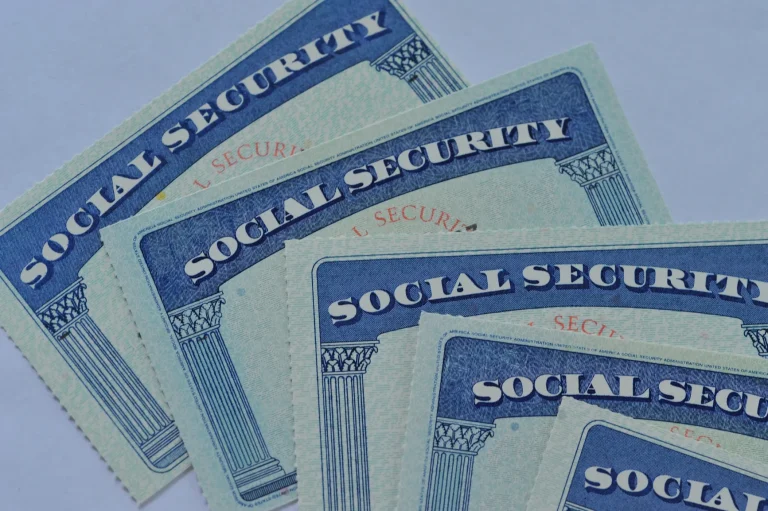In a growing wave of fraudulent activity, authorities are warning the public about a new scam involving text messages claiming to notify recipients of unpaid toll violations. These messages, which often appear to be from legitimate toll agencies, are part of a phishing attempt designed to steal personal information or money. Law enforcement and toll agencies urge residents to be vigilant and cautious when receiving such messages.
The Scam Details:
- How the Scam Works: Victims typically receive a text message that appears to be from a well-known toll agency, such as [toll agency name]. The message claims that the recipient has violated a toll rule and owes a fine, often directing them to a website to pay the fine immediately. These websites may look official, but they are actually designed to steal personal information, including bank account details, credit card information, and passwords.
- Sample Message: The fraudulent text messages may read something like, “URGENT: Toll Violation Notice. You have an outstanding fine of [$amount]. Click here to pay now: [link].” The link typically leads to a fake website that mimics the look of the real toll agency’s official site, aiming to trick individuals into entering sensitive information.
Red Flags to Watch For:
- Unsolicited Texts: Official toll agencies do not typically send unsolicited text messages about unpaid toll violations. If you didn’t expect a notice or haven’t traveled through a toll recently, the message is likely a scam.
- Suspicious Links: Always be wary of links in text messages. A legitimate toll agency will never send you a link requesting payment details. Instead, they will typically provide official instructions on how to pay a fine through their website or a customer service phone number.
- Spelling and Grammar Mistakes: Many scam messages are poorly written, with odd phrasing, spelling, or grammar mistakes. If the message seems unprofessional, it’s likely a scam.
- Pressure to Act Quickly: Scammers often use urgency in their messages to prompt quick action. If the message threatens consequences like a suspension or additional fees for non-payment, it’s a red flag.
What to Do If You Receive a Toll Violation Text:
- Do Not Click on Links: Avoid clicking on any links in the message, as they may lead to malicious websites designed to steal your information.
- Verify with the Toll Agency: If you receive a message claiming you have an unpaid toll violation, contact the toll agency directly through their official website or customer service phone number to verify the legitimacy of the message. Do not use any contact information provided in the text message itself.
- Report the Scam: If you suspect the message is a scam, report it to the appropriate authorities. Many toll agencies have dedicated lines or email addresses for reporting fraud. Additionally, you can report the scam to the Federal Trade Commission (FTC) or your local consumer protection agency.
What Toll Agencies Are Doing:
- Public Awareness Campaigns: Toll agencies have begun issuing public warnings about the scam and are actively working to inform the public through social media, press releases, and customer service channels. They are also advising customers on how to identify fraudulent messages and avoid falling victim to these scams.
- Enhanced Security Measures: Toll authorities are enhancing security measures to protect consumers from online fraud and are taking steps to ensure that any future communications with customers are secure and official.
Consequences of Falling for the Scam:
- Financial Loss: If individuals enter their credit card or bank details on a fraudulent website, they may unknowingly allow scammers to steal money from their accounts or make unauthorized transactions.
- Identity Theft: In some cases, the scammer may gain access to more sensitive personal information, including social security numbers or other forms of identification, potentially leading to identity theft.
- Legal Issues: Scammers might use stolen information for illegal activities, which can have long-term consequences for the victims.
Conclusion: As toll violation text scams continue to spread, it’s more important than ever for the public to stay informed and be cautious about unsolicited messages. The best defense against such scams is awareness and verifying any claims with the toll agency directly. Authorities and toll agencies are working together to combat this growing issue, but consumers must remain vigilant to protect their personal information.
Call to Action: If you’ve received a suspicious toll violation text, do not respond. Contact your toll agency through their official channels to verify the situation. If you’ve fallen victim to the scam, report the incident immediately to prevent further damage. Stay safe and protect your personal information from cybercriminals.
Disclaimer – Our editorial team has thoroughly fact-checked this article to ensure its accuracy and eliminate any potential misinformation. We are dedicated to upholding the highest standards of integrity in our content.


























+ There are no comments
Add yours